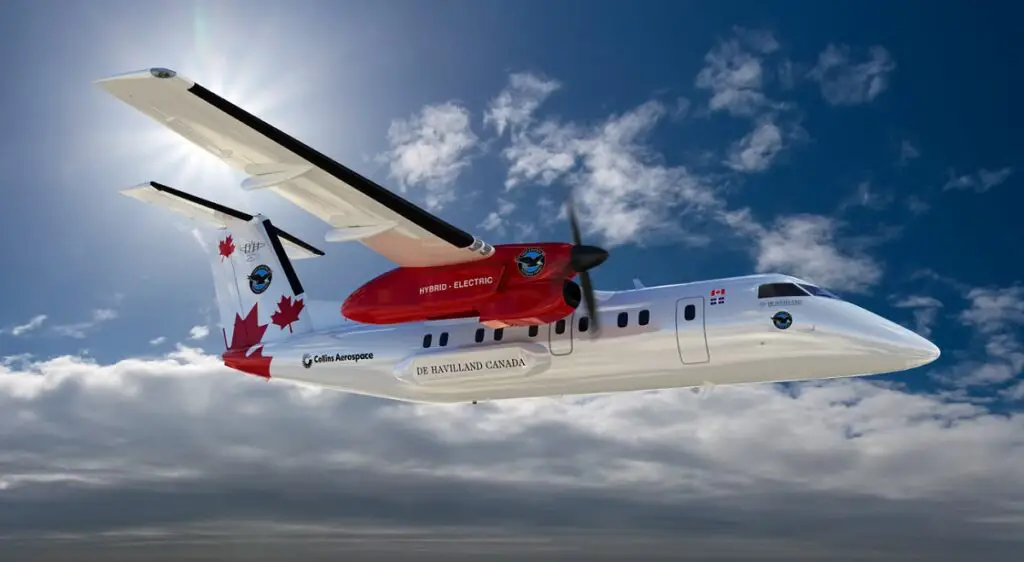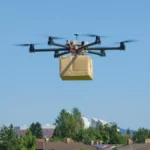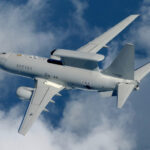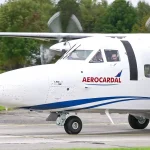Raytheon Technologies has successfully completed the first demonstrator test of its hybrid-electric propulsion engine for regional aircraft. As the company said in a press release, this marks «a key milestone towards flight testing, targeted to begin in 2024».
The company launched the demonstrator project through its Pratt & Whitney Canada and Collins Aerospace businesses in July 2021. It is currently supported by the governments of Canada and the province of Quebec. The initial test was conducted at Pratt & Whitney’s innovation facility in Longueuil.
The propulsion system fully integrates a one-megawatt electric motor, developed by Collins Aerospace, with a high-efficiency combustion engine, adapted to run on a hybrid scheme, manufactured by Pratt & Whitney.
According to Raytheon, the new technology will optimise the engine’s performance during the various phases of air operations. In this regard, the company noted that its use will enable a reduction in carbon dioxide emissions of up to 30% compared to the most efficient regional turboprop aircraft currently in operation.
Implementation on a Dash 8-100
In the near future, the Flight Test Centre of Excellence of Canada will modify a De Havilland Dash 8-100 aircraft, which will serve as a platform for future flight demonstrations.
«Hybrid-electric propulsion technology offers significant potential to optimize efficiency across a range of different aircraft applications, helping our industry meet its ambitious goal for achieving net zero carbon dioxide emissions», commented Jean Thomassin, Executive Director of New Products and Services for Pratt & Whitney Canada.
«With our ground test program now well underway, planned flight testing will enable us to accelerate the demonstration of this next generation sustainable propulsion technology as we continue to expand our collaboration within Canada’s aerospace ecosystem and beyond», Thomassin added.
See also: Ravn Alaska orders 30 hydrogen-electric engines from ZeroAvia














